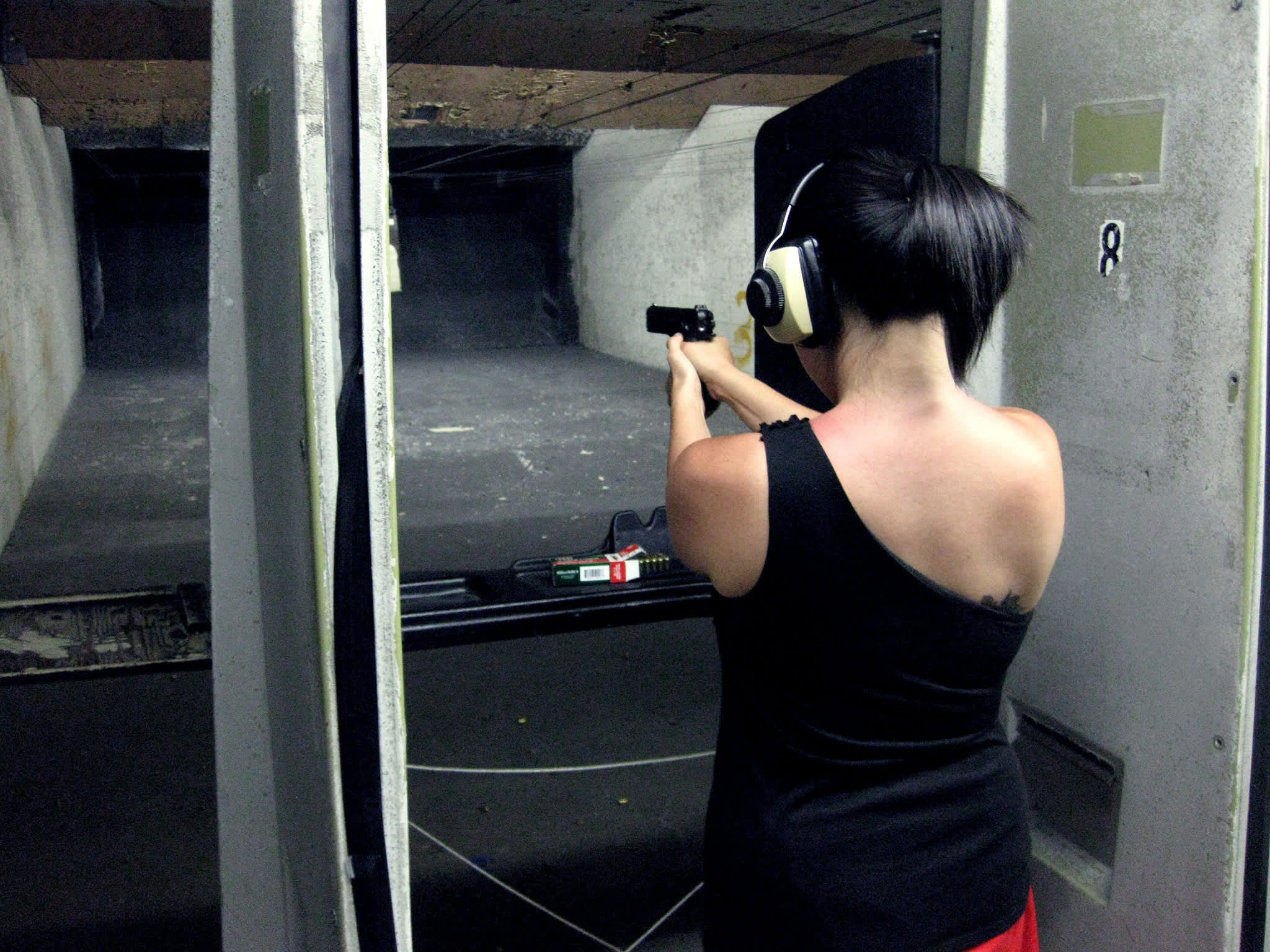Seattle Leaders Approve “Gun Violence” Tax on Firearms, Ammunition
OutdoorHub Reporters 08.11.15

On Monday, the Seattle City Council voted unanimously to pass what city leaders have termed a “gun violence” tax on firearms and ammunition, as well as provisions for the mandatory reporting of lost or stolen guns. The new city ordinance places a $25 tax on each new firearm purchased and a five-cent tax on every round of ammunition—except .22 LR, which will carry a two cent tax.
“Every day, the general public pays the enormous cost of gun violence,” said Council President Tim Burgess, who introduced the proposal. “Gun violence is a public health crisis in our city and our nation. City government can and must pursue innovative gun safety measures that save lives and save money. As it has in other areas of policy, Seattle can lead the way in local solutions.”
The tax is expected to bring about $300,000 to $500,000 in for the city, which is being earmarked for violence prevention research and programs. Critics of the ordinance argue that these programs have been historically ineffective at preventing crime and the new ordinance is just a veiled attempt at gun control within the city. Several gun rights advocacy groups, including the National Shooting Sports Foundation (NSSF), have remarked that the ordinance also may be illegal since it violates a state law that prohibits cities from independently regulating firearms.
Sergey Solyanik, the owner of a gun shop named Precise Shooter, said the tax only serves to push retailers like him out of the city. With plenty of places to purchase firearms outside the city, Solyanik said that Seattle gun stores are already struggling to draw in customers even before the new ordinance.
“Seattle gun stores would simply go out of business,” Solyanik wrote on his store’s website. “My store certainly would, and I don’t think there are stores which are run more effectively than mine. Which means that not only Seattle wouldn’t get the revenue that the proponents project—it would lose the sales tax revenue that it gets now from the current gun sales.”
Solyanik, like others, said he intends to challenge the ordinance in court.

